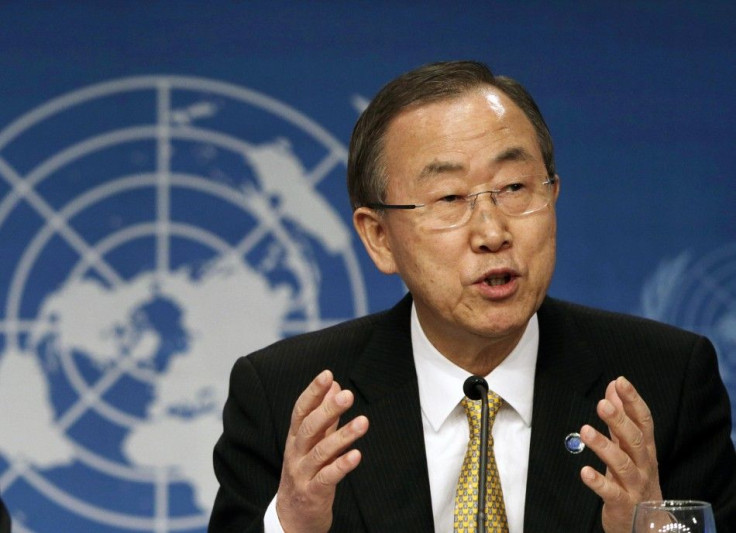An Arab NATO Military Alliance Rises

Leaders of the 22-nation strong Arab League have agreed to form a military alliance similar to the western powers’ NATO to curb and control the rising terrorism as well as ensure the region’s political and geographical stability.
The NATO Arab version military alliance will be initially composed of 40,000 elite troops from several Sunni Arab nations, along with fighter jets and warships. Saudi Arabia is expected to provide the most support since it is the wealthiest among the league’s member-nations. Participation into the military alliance, however, is only optional, based on a declaration arrived at by the leaders of the 22 countries of the Arab League at a meeting in Sharm El Sheikh over the weekend.
“It is an important resolution given all the unprecedented unrest and threats endured by the Arab world,” Nabil el Araby, Arab League chief, told reporters Sunday. Possible headquarters is being eyed either in Cairo or Riyadh. However, the governing rules or mandate of such an alliance will take months to formulate.
Regardless of the possible length of time, the plan to hatch the Arab Military Force, according to Egyptian President Abdel Fattah Al Sisi, whose country has the largest standing military in the region, is an important first step needed to fight back against “an unprecedented threat” to the member nations “existence and identities.”
“It is beyond doubt that the challenges facing Arab national security are immense,” Mr Sisi said. “You have accurately diagnosed their causes and identified the measures necessary to counter them.”
El Araby has been assigned by the leaders at the summit to hold a meeting of members representing each country’s armed forces. The meeting will try to form a budget for the joint military force. “Although many of the countries likely to make up an official Arab army are already working together in Yemen, the level at which the states would jointly operate under one military force is still unknown,” the WSJ reports.
To report problems or to leave feedback about this article, email: e.misa@ibtimes.com.au.





















